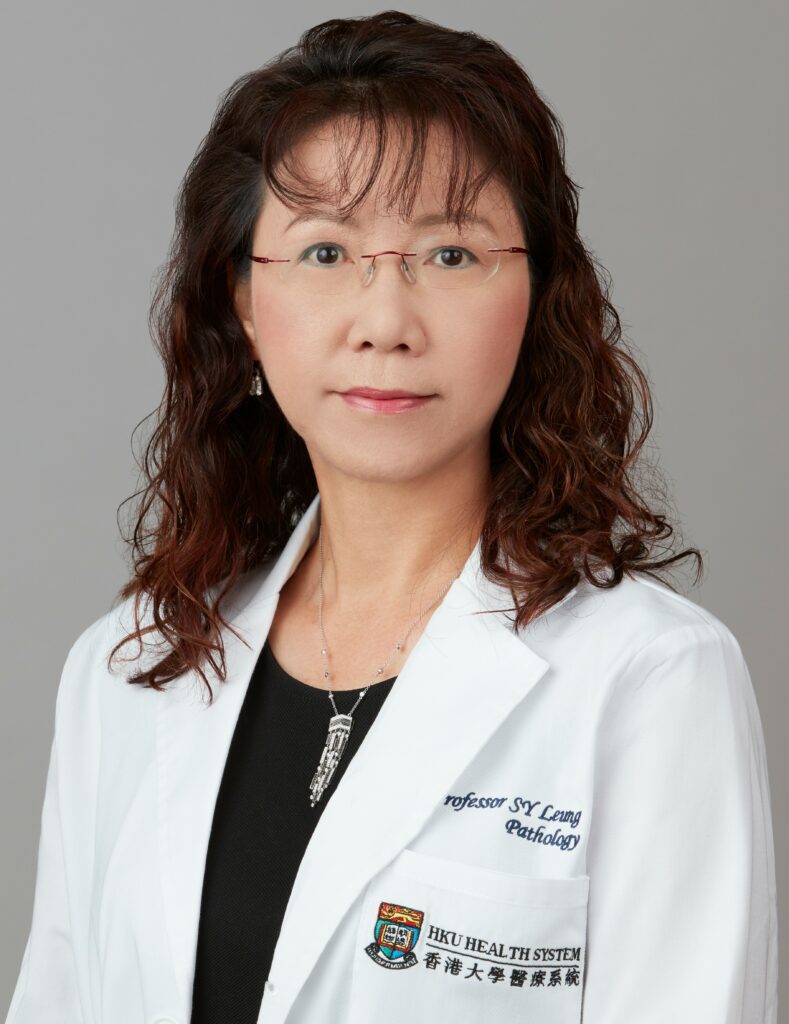| Gastric cancer (GC) is the third leading cause of cancer death worldwide, with high incidence in China and Hong Kong and highlighting the urgent need for new treatment methods. GC is a heterogeneous disease involving different combinations of mutations in cancer driving genes. Therefore, a one-size-fits-all approach to treatment is often not effective. Previously, we built a tissue bank of hundreds of patients, with clinical and pathological data, long-term patient outcome data and genomic data, including whole-genome/exome sequencing, gene expression profiling and methylation profiling. In this project, we generated a biobank of 3D organoids to compliment our existing tissue bank. Genomic studies were performed on the organoids and found to match the data collected from matched patient tissue, thereby providing a platform for individualised patient drug testing. Therefore, we used these organoids for large-scale drug screening, allowing us to correlate drug sensitivity with specific genomic perturbations. Moreover, we used the organoids to perform deep mechanistic studies of gastric cancer pathways, stem cell properties and drug resistance mechanisms, developing new mouse models for in vivo drug testing and novel methods for integrative analysis along the way. Overall, our results showed that organoids offer a drug screening platform that could guide patient treatment and clinical trials to accelerate anticancer drug development. |

